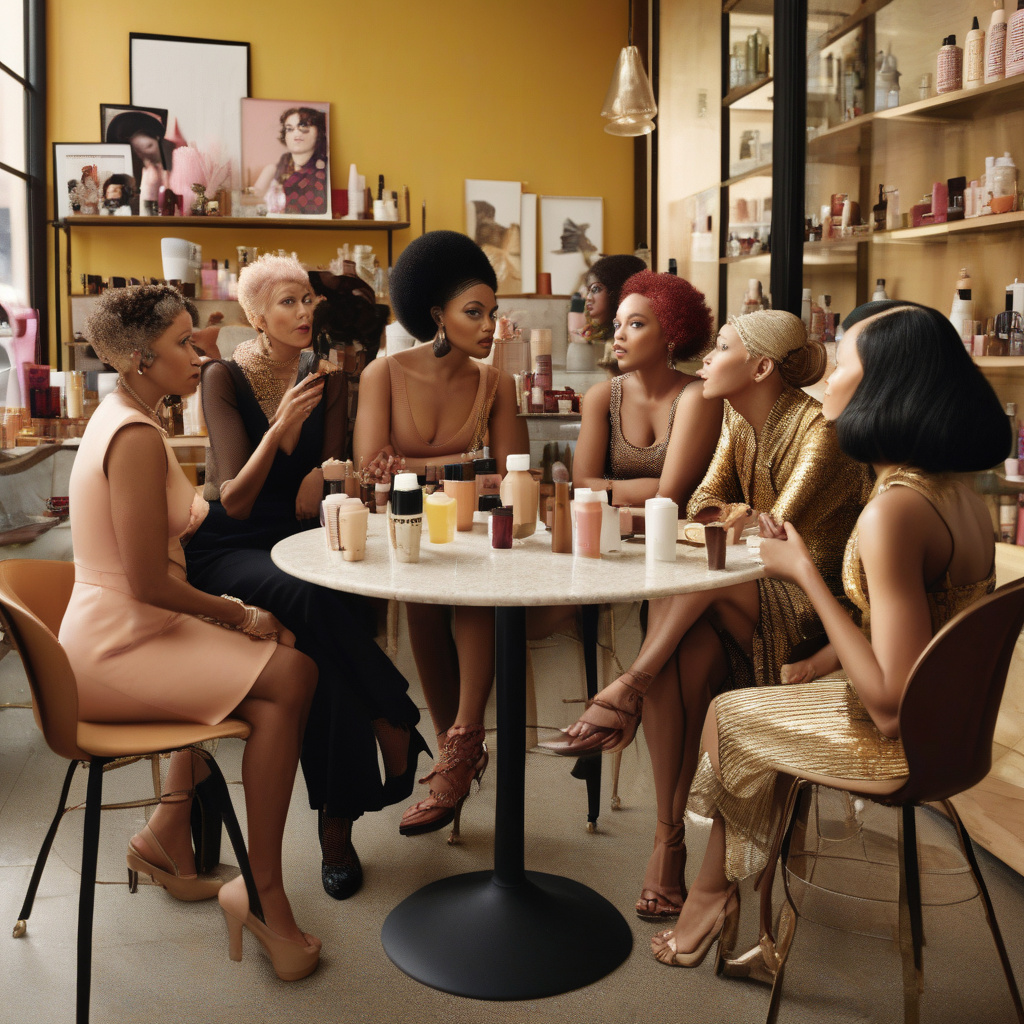The Debrief | Beauty Is in Its Flop Era
The beauty industry has long been celebrated for its resilience, often seen as a safe haven during economic downturns. However, recent trends indicate that this perception may be shifting dramatically. Daniela Morosini, writing for The Business of Fashion (BoF), highlights a pressing concern: the beauty sector is experiencing a notable slowdown, leaving brands scrambling to adapt to changing consumer behavior.
Historically, beauty products have been regarded as non-essential luxuries that consumers would continue to purchase even in challenging economic times. However, the current landscape has shifted. The pandemic-induced buying frenzy seems to have waned, and consumers are now reassessing their spending habits. A survey by McKinsey & Company reveals that 43% of consumers are cutting back on discretionary spending, which includes beauty products. This is a stark contrast to the previous years when beauty sales flourished despite economic challenges.
The reasons behind this pullback are multifaceted. Economic uncertainty, rising inflation, and shifting priorities have all contributed to a more cautious consumer mindset. Many consumers are now prioritizing essentials over luxury items, and beauty products are often among the first to be sacrificed in a tightening budget. Additionally, the trend of minimalism is gaining traction, with more individuals opting for fewer, high-quality products rather than a multitude of items. This shift is forcing beauty brands to rethink their strategies and offerings.
However, it’s not all doom and gloom for the beauty industry. There are several avenues for brands to explore in order to navigate this downturn. First, brands must understand their consumer base more profoundly. Engaging with customers through surveys, social media, and feedback can provide invaluable insights into shifting preferences and needs. By fostering a stronger connection with consumers, brands can tailor their products and marketing strategies accordingly.
Moreover, brands can pivot towards sustainability and ethical practices. Today’s consumers are increasingly concerned about the environmental impact of their purchases. A report by Deloitte indicates that 56% of consumers are willing to pay more for sustainable products. Brands that prioritize eco-friendly packaging, cruelty-free testing, and ethical sourcing can differentiate themselves in a crowded market. This not only appeals to the growing demographic of conscious consumers but also helps build brand loyalty.
Another critical strategy is to enhance the online shopping experience. The pandemic accelerated the shift to e-commerce, and brands must continue to invest in their digital platforms. Offering seamless navigation, virtual try-ons, and personalized recommendations can help replicate the in-store experience and drive sales. Brands like Glossier have successfully harnessed the power of social media to create a loyal customer base, proving that a strong online presence is essential in this new era.
Furthermore, collaborations and partnerships can provide fresh perspectives and attract new customers. Beauty brands that align themselves with influencers, celebrities, or other companies can expand their reach and appeal to diverse demographics. For instance, the collaboration between Fenty Beauty and various influencers has helped the brand gain traction in the competitive beauty market by appealing to a broader audience.
In conclusion, while the beauty industry is currently facing a significant slowdown, it is not without hope. By understanding consumer behavior, prioritizing sustainability, enhancing online experiences, and exploring collaborations, brands can navigate this challenging landscape. The key lies in adaptability and innovation, ensuring that beauty products remain relevant in a world where consumer priorities are continually evolving. The beauty industry may be in its flop era, but with the right strategies, it has the potential to rise again stronger than ever.
beautyindustry, consumertrends, retailstrategy, sustainability, ecommercesuccess
